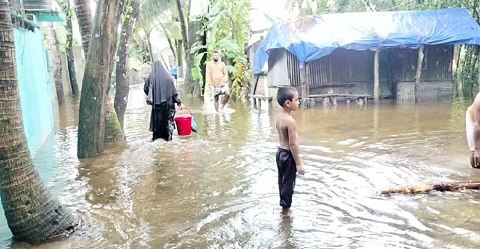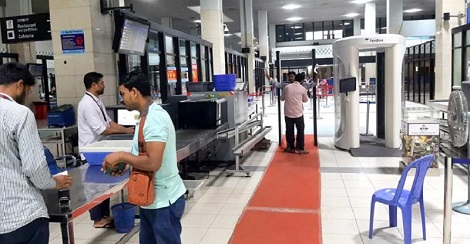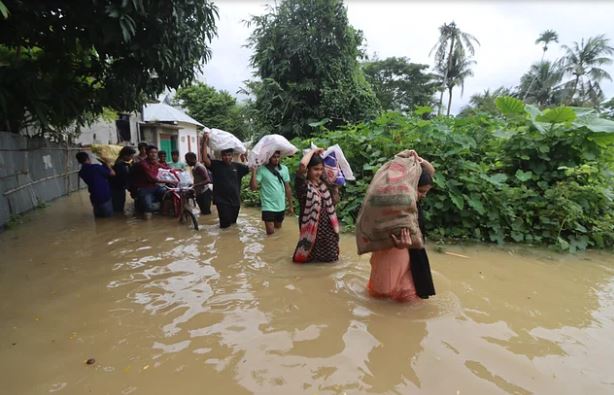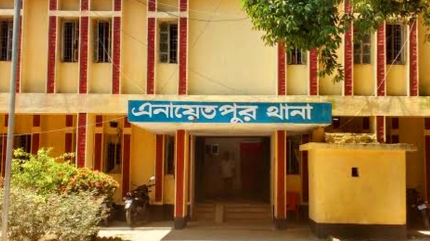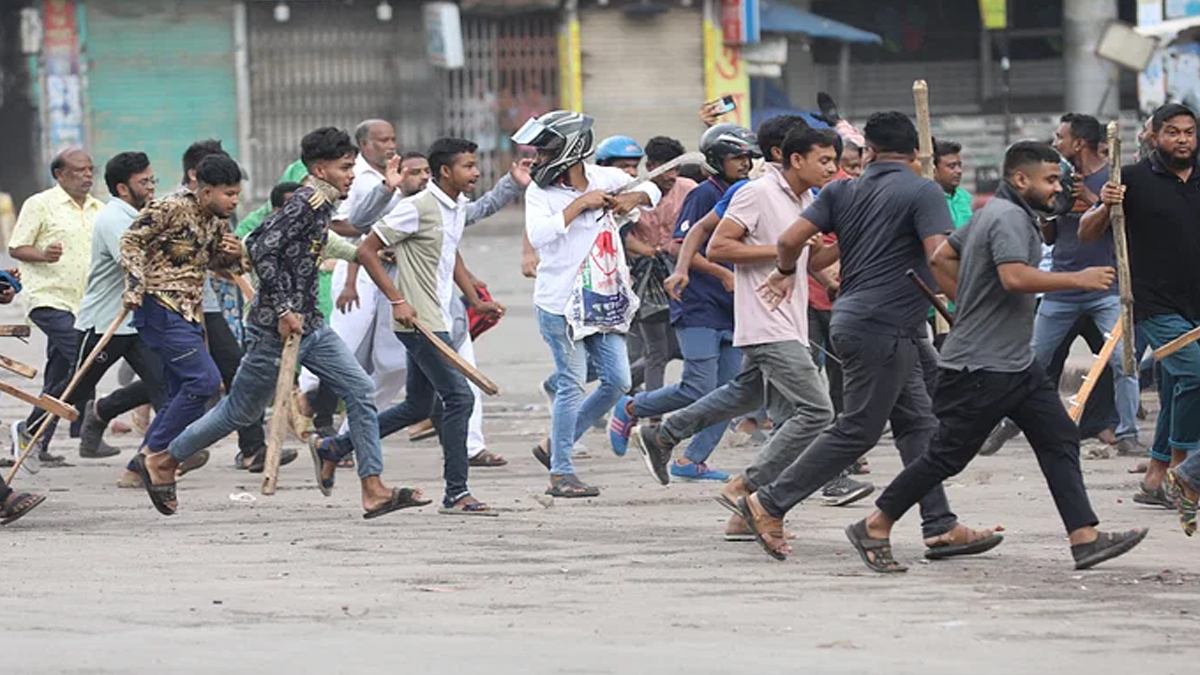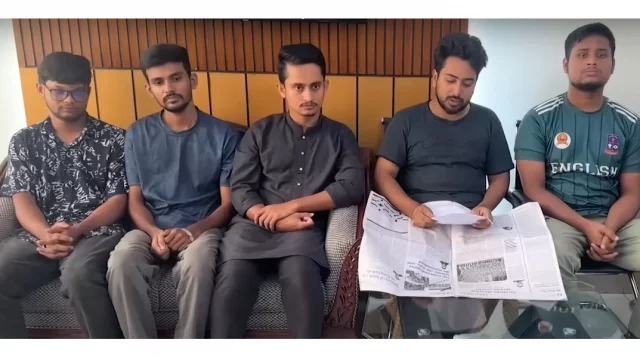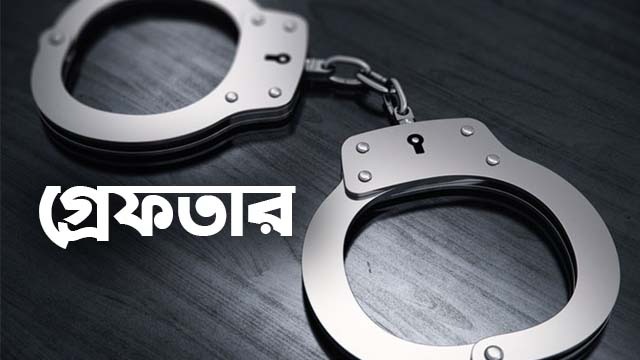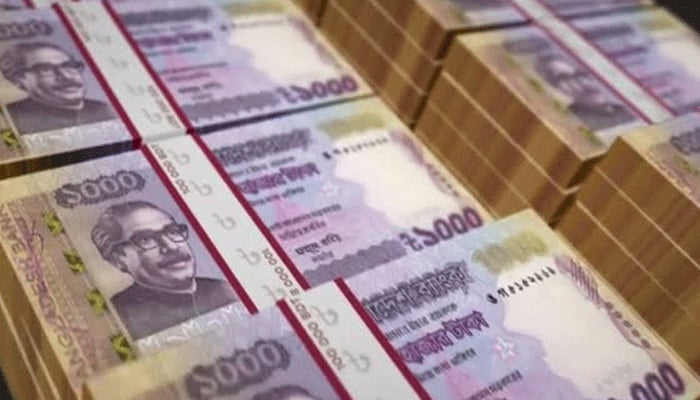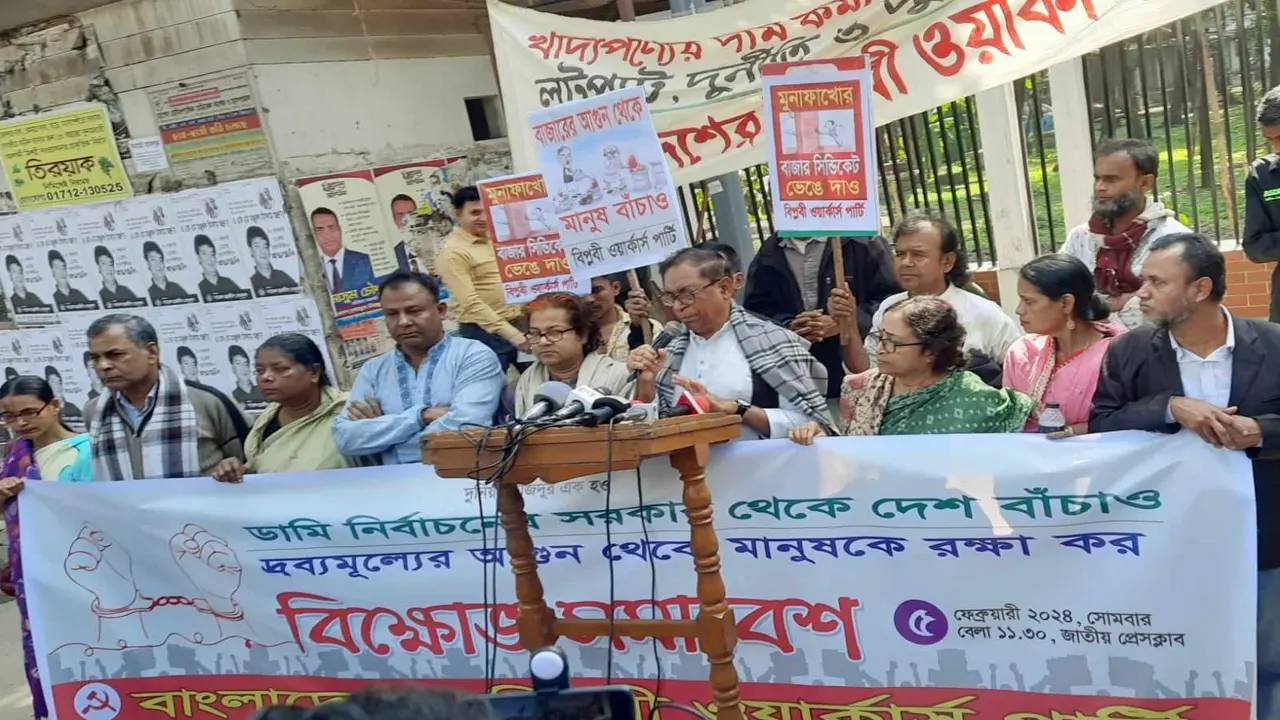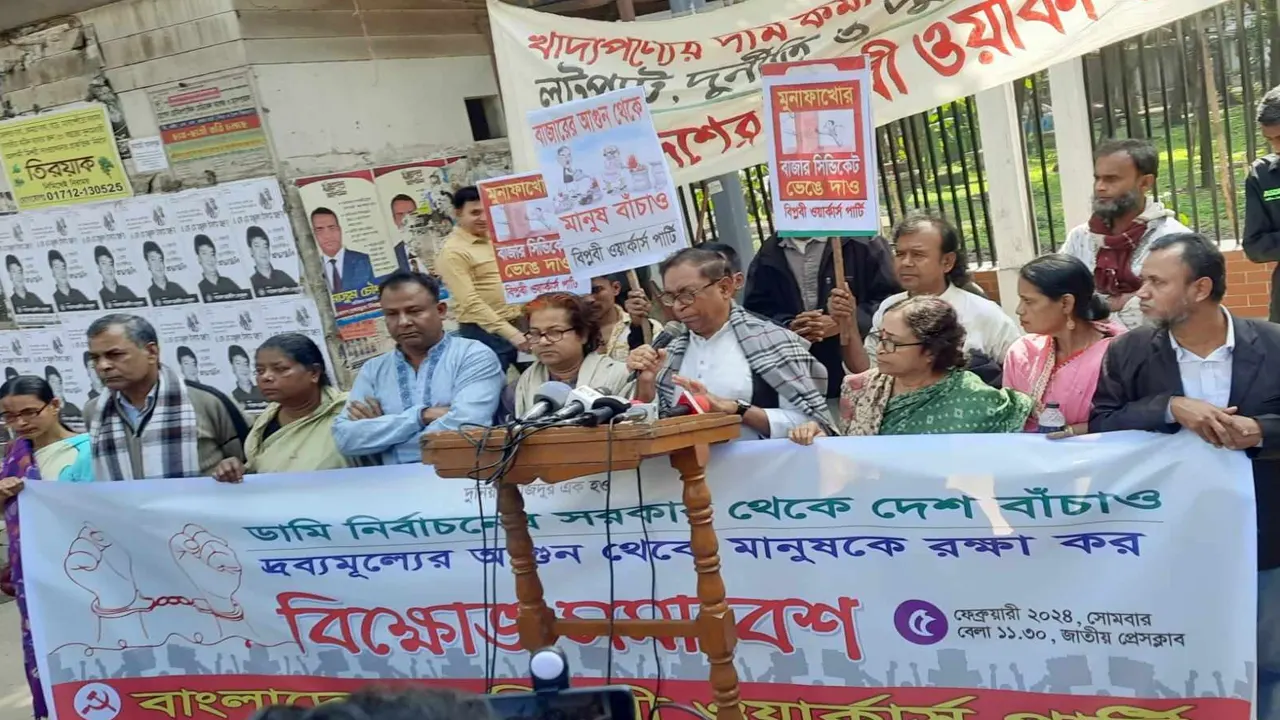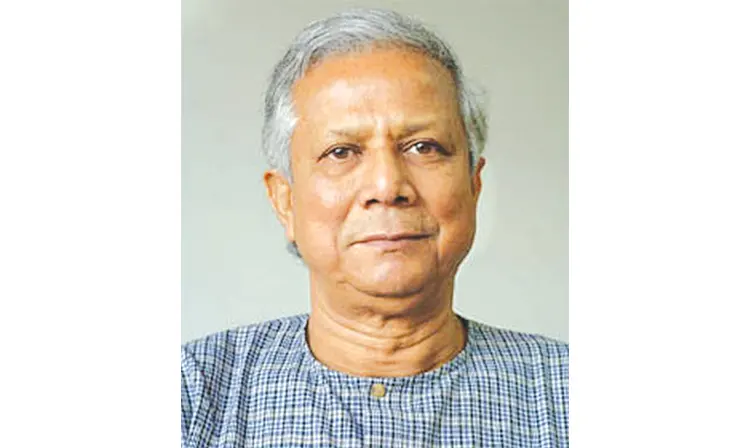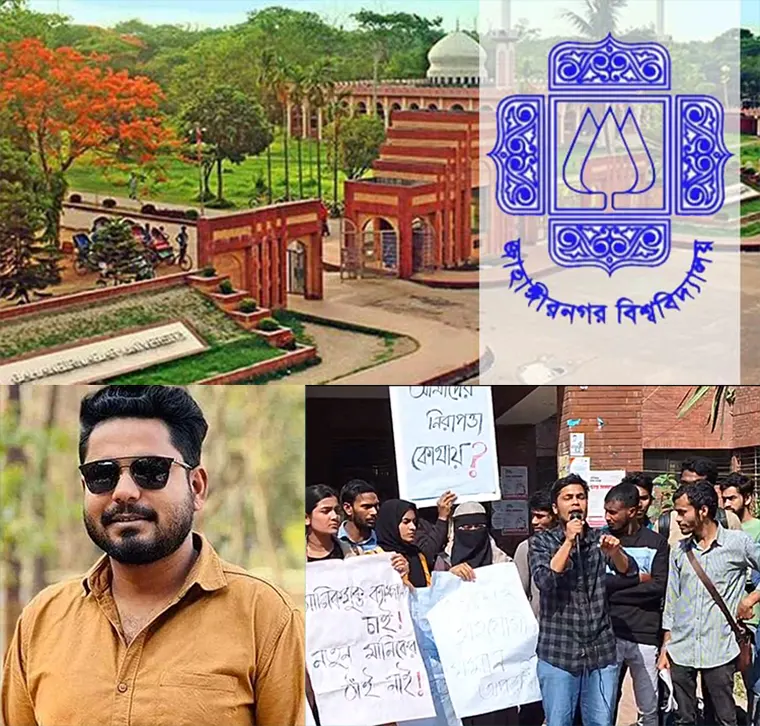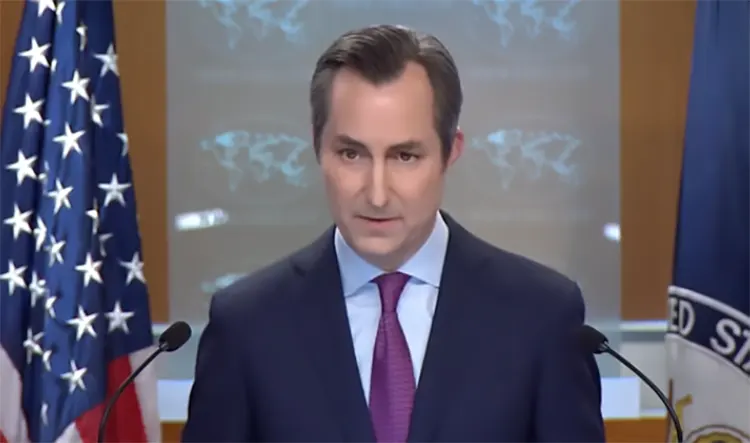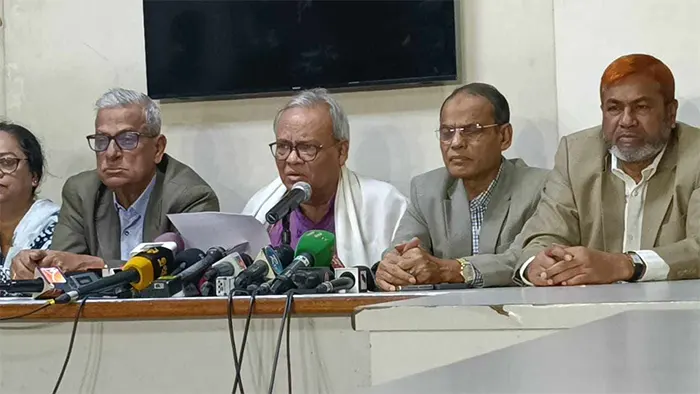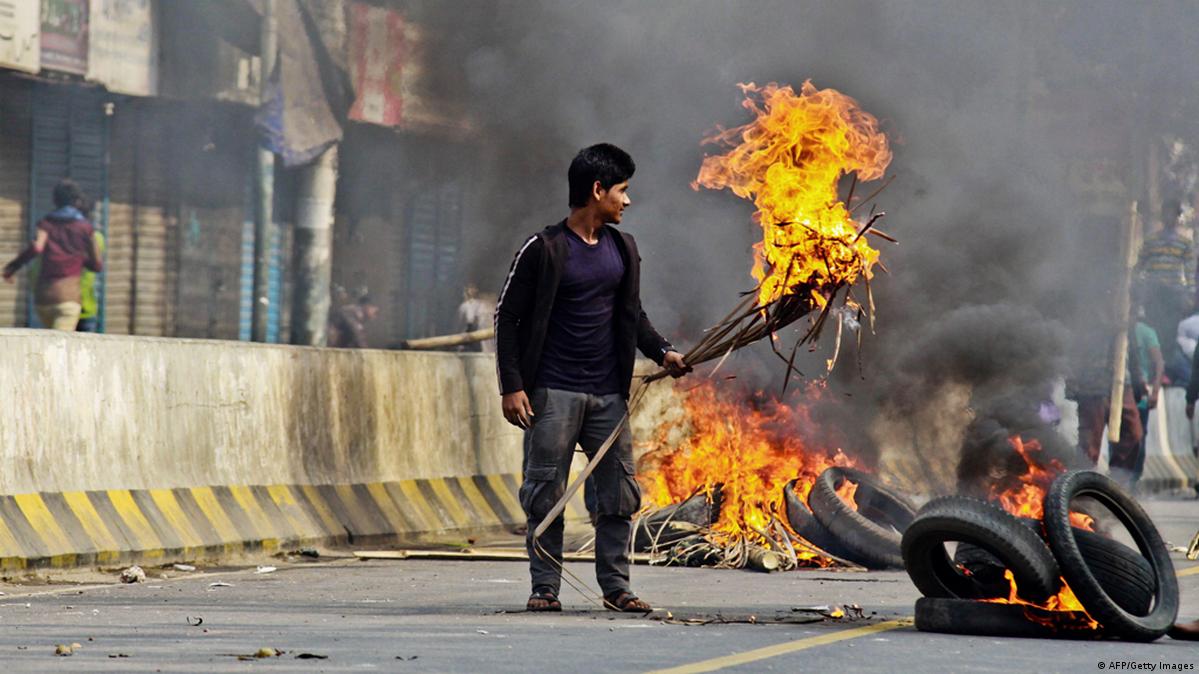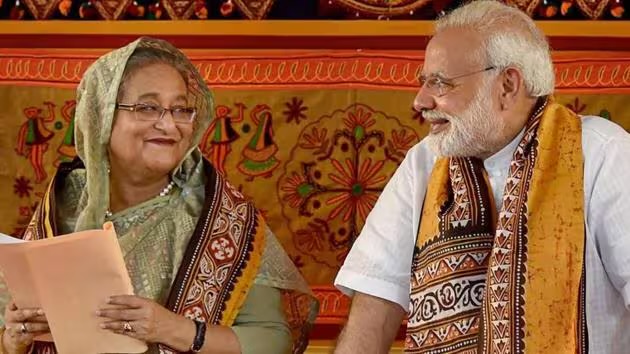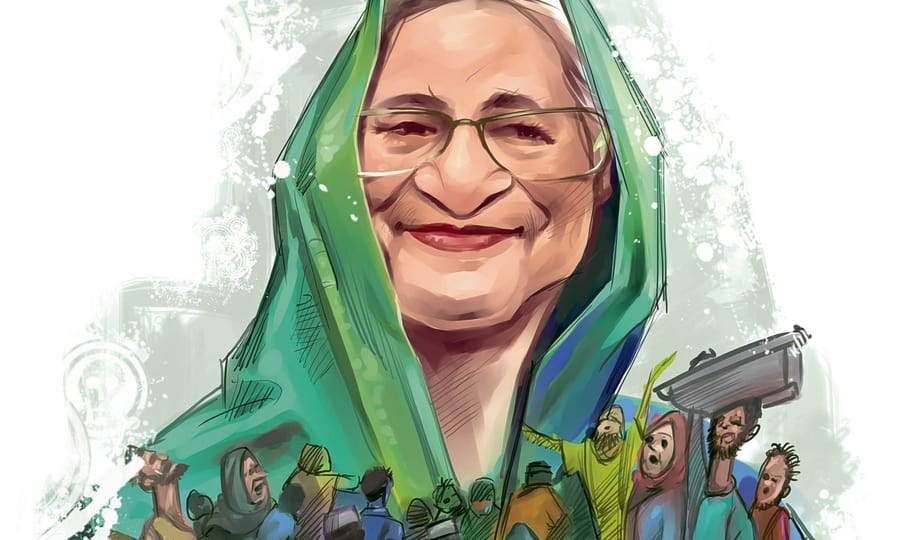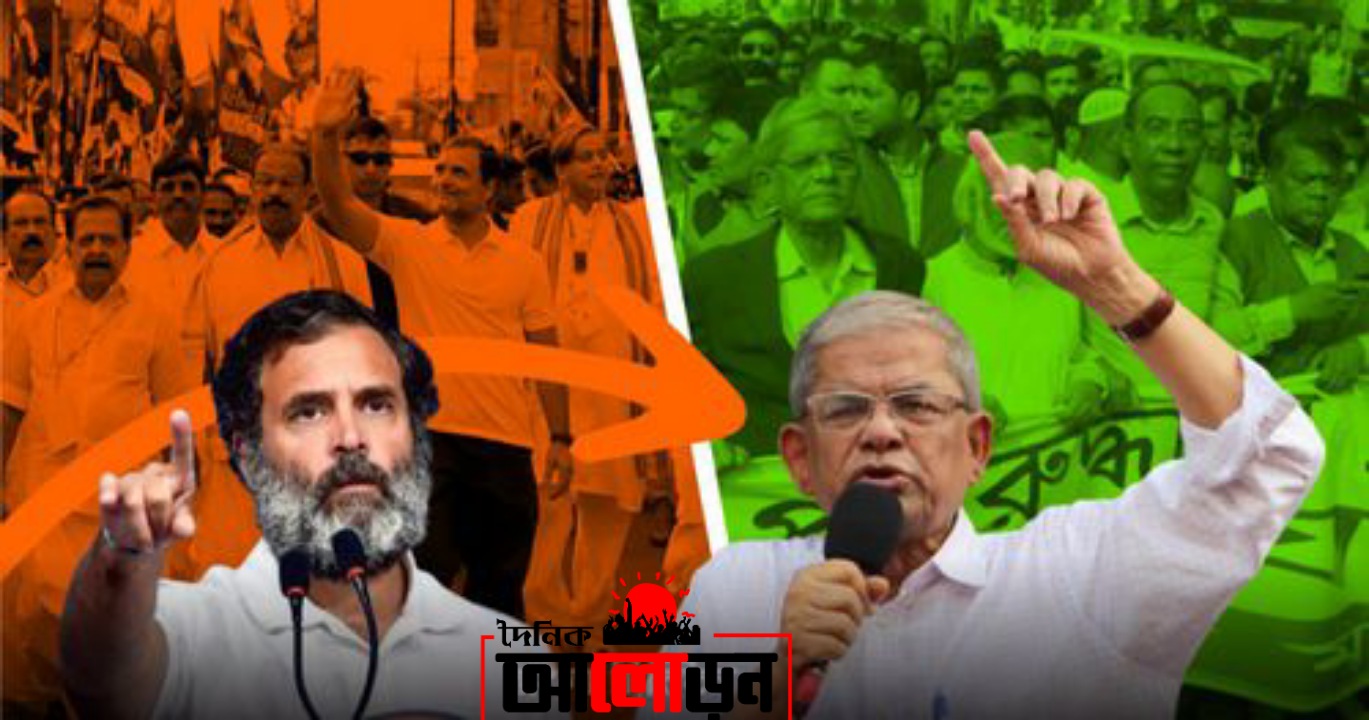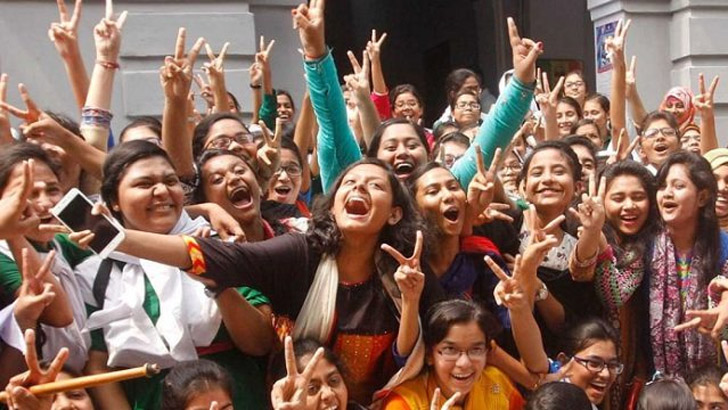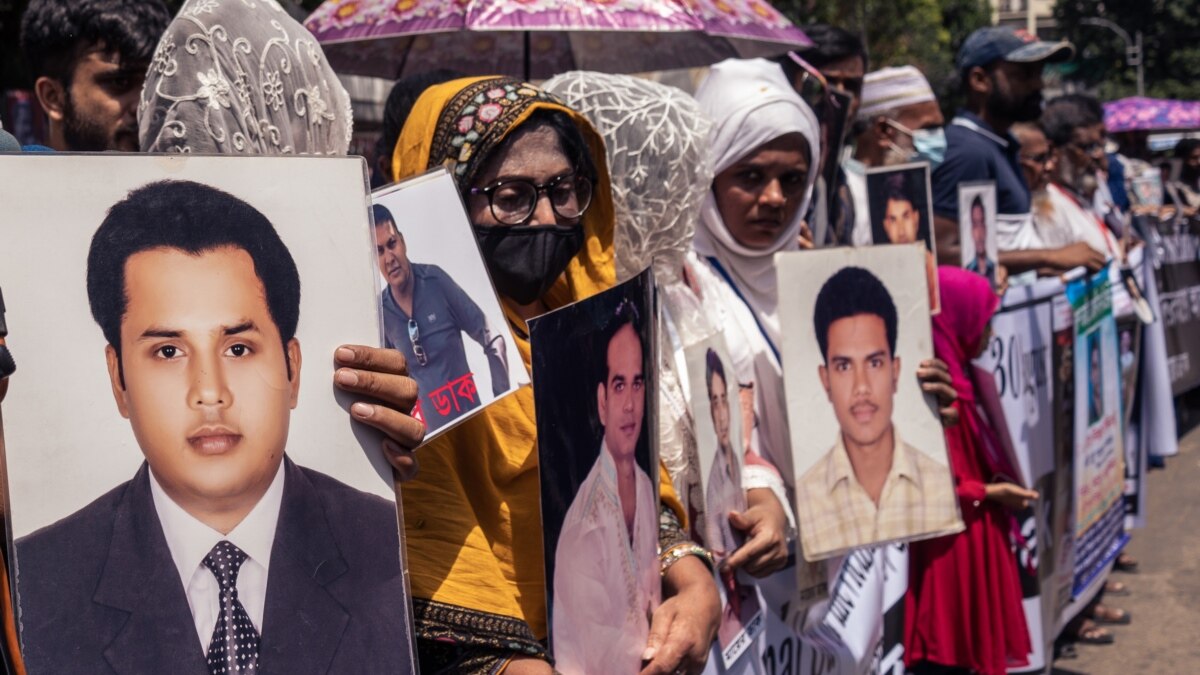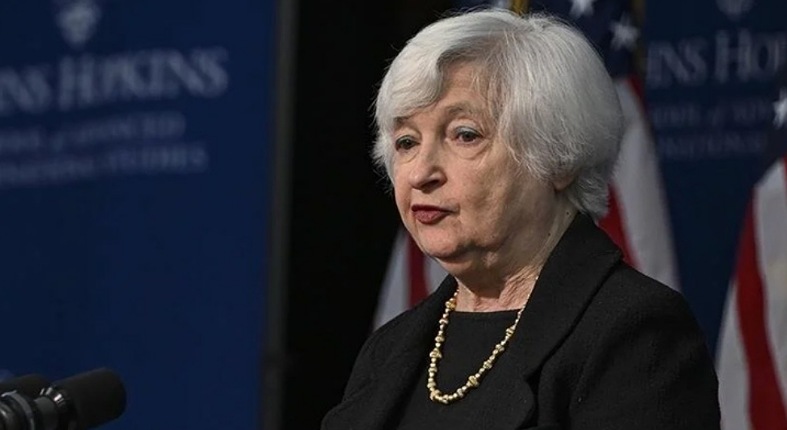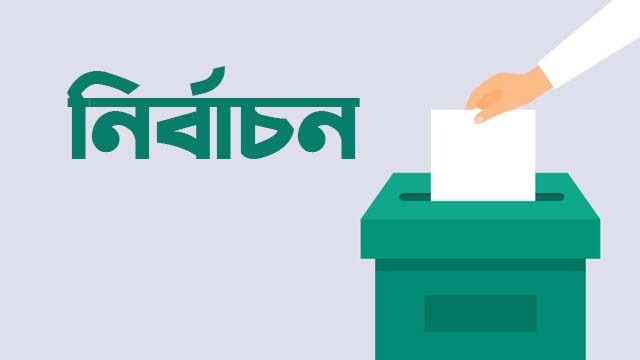
Apurbo Ahmed Jewel: In Bangladesh, elections have taken place, but they are far from democratic. In the general elections held on January 7th, Sheikh Hasina secured her fourth consecutive term and fifth overall as the Prime Minister. The main opposition party, Bangladesh Nationalist Party (BNP), had claimed irregularities in the electoral process, leading to their boycott of the elections. Therefore, the election results were anticipated even before they were announced. In 2011, the Awami League government had abolished the practice of caretaker government, claiming it to be the only way to ensure a free and fair election, despite BNP’s insistence on having an unbiased and credible voting system.
However, the rejection of BNP’s votes was not the only reason for their electoral setback. During the pre-election period, there were blatant displays of government intimidation. Critics, activists, and protestors against the government faced threats, violence, and arrests. Responding to the government’s request, the judiciary expedited cases against opposition members to ensure their incarceration before the elections.
As a result, from September to December 2023, over 800 people were reportedly arbitrarily detained and subjected to torture and abuse for their alleged involvement with the opposition. Accusations surfaced that opposition workers were tortured to extract forced confessions. Police crackdowns also led to deaths, with reports of police firing live bullets, tear gas, and stun grenades during a massive protest on October 28. Following the protests, thousands of opposition supporters were arrested.
The Civic Space Rating of Bangladesh declined in December 2023, according to the CIVICUS Monitor, a collaborative research project tracking the state of civil society in each country. The rating dropped to the “Closed” category, placing Bangladesh alongside China, Iran, and Russia as one of the worst human rights offenders globally. Concerns raised by the civil society in November 2023 included political violence, arrests, mass detentions, judicial harassment, excessive use of force, and internet censorship.
Maximum Attack
In Bangladesh, the intensity of closing down the “Civic Space” has reached a point where individuals abroad are hearing diverse powerful opinions compared to those present in the country. However, even speaking from outside Bangladesh does not ensure safety. The families of exiled activists are being harassed as a means of pressure on them by the authorities. Even activists within the United Nations are not safe. In November, a discussion on a peaceful society at the Human Rights Council branch of the United Nations was disrupted by government supporters, and Adilur Rahman Khan, the leader of the Bangladeshi human rights organization Odhikar, was verbally attacked. Khan is currently in hiding, but he has appealed for their work and, in the face of an additional two years of imprisonment imposed on another human rights leader, called for an appeal. After the session in Geneva, Khan was criticized further in online news sites, and he was accused of presenting false information.
Others are also victims of attacks. Sheikh Hasina and her government have largely crafted their own economic records; Bangladesh is now one of the world’s largest garment producers. However, this success is primarily built on the foundation of low wages. Like in many other countries, there is high income inequality in Bangladesh, and recent efforts by garment workers for improvement have been suppressed. After the government-appointed panel raised the minimum wage for garment sector workers significantly below their demands, in October and November 2023, workers protested. About 25,000 workers participated in the protests, and at least 100 factory gates were closed. They became victims of police brutality, resulting in at least two deaths and many more injuries. No one is safe in a crisis like this, even Nobel laureate Dr. Muhammad Yunus, who founded the Grameen Bank, was recently convicted in a politically motivated case related to the Labor Law. His supporters have condemned him as politically inspired. Dr. Yunus has been a target of criticism and threats from the ruling party for a long time.
In the Name of Democracy Since the Awami League returned to power in the last free and fair election in 2008, the quality of elections in Bangladesh has been dramatically reduced. Since then, each election has been marked by serious irregularities and pre-voting crackdowns, as the ruling party has done everything possible to stay in power. However, despite the huge victory of the Awami League this time, voter turnout was low. It was about 41.8%, compared to almost half in the 2018 elections. This number itself may be inflated to show that the Awami League’s victory was predetermined: many Awami League supporters did not think it was necessary to vote, and no one was like opposition supporters to vote.
People know that many so-called independent candidates are essentially anti-Awami League candidates running in elections as a counter to their supporters. The second-placed party also formed an alliance with the ruling party, and all the credibility and legitimacy of the electoral process has diminished. Pressure from important allies like China and India to adhere to democratic norms has not faced any opposition, although the once-supportive American government has changed its position in recent years. Some Rab personnel have been sanctioned, and a threat to suspend visas for repressive Bangladeshis has been made. If there is further deterioration in the economic situation, dissatisfaction will increase, and with it, the likelihood of repression and persecution will increase. International stakeholders must urge the Bangladesh government to find a way out. More violence and intense authoritarianism will not lead the way for Bangladesh. Instead, it must be urged to embark on the path of democracy.
Editor and Publisher: Apurbo Ahmed Jewel (Dainik Aloron)
